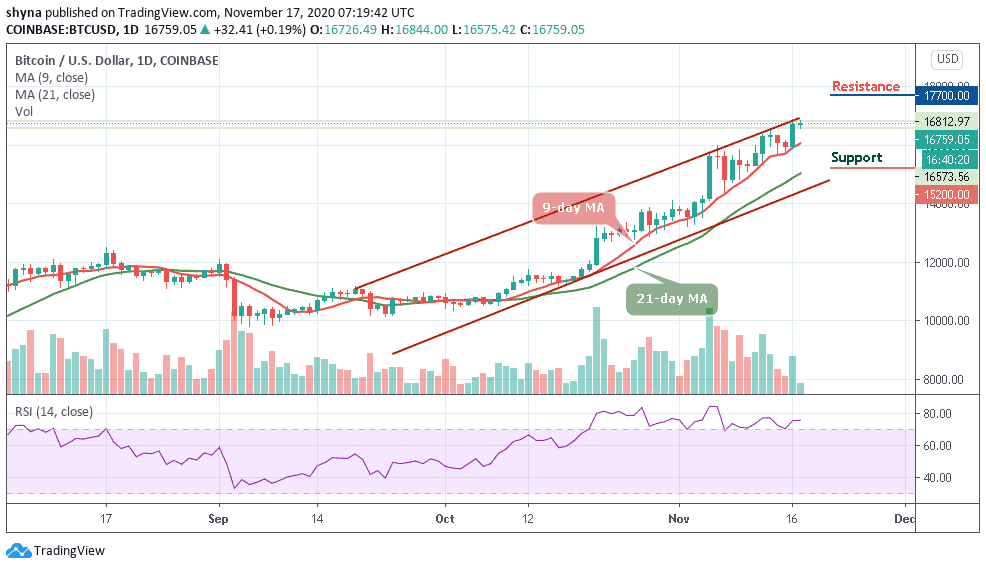Join Our Telegram channel to stay up to date on breaking news coverage
Pakistan is working on a possible crypto regulatory regime as it seems poised to embrace the nascent industry. Earlier this month, the Securities and Exchange Commission of Pakistan (SCEP) announced that it had begun examining other countries’ regulatory regimes, with a view of developing a robust framework for itself.
Creating an Enabling Crypto Environment
As the official consultation paper reads, the SCEP has recognized several primary concepts of Pakistan’s growing digital finance market. The agency highlighted that it sees digital assets as the future of digital finance. A reinvention of its regulatory regime would be necessary to bring the country into that future. By mirroring the regulatory policies of other countries, the SCEP is hoping to fast-track this process.
Distinguishing between several types of digital assets, the SCEP particularly highlighted utility and security tokens. As the regulator explained, security tokens are primarily advantageous because they can fractionalize each asset. This ability promotes other benefits, including the near elimination of investment barriers for retail investors.
Other benefits include improved liquidity, transparency, improved clearing, and better automation. While the agency’s regulatory feedback is yet to take full shape, it has committed to collaborating with industry players. It also welcomed industry feedback in its mission to develop a regulatory crypto framework.
It is worth noting that the regulatory regime would target primarily private cryptocurrencies – not Central Bank Digital Currencies (CBDCs). Many countries worldwide have committed to developing CBDCs in the coming years, with most of them hoping to use digital assets’ power to bolster their electronic payments industries.
No CBDC Yet
Pakistan was one of the first counties to get on the CBDC bandwagon. In April 2019, local YouTube news channel Public News reported that the Stake Bank of Pakistan (SNP) had planned to issue a CBDC by 2025.
As the report explained at the time, Jameel Ahmad, the SNP’s deputy governor, had made the proclamation. A further account from local English language news source Dawn confirmed that the country’s finance minister, Asad Umar, had given the same indication.
As Dawn explained, Umar had celebrated the launch of Pakistan’s Electronic Money Institutions – companies licensed to store funds and provide financial services to third parties. Umar had asked the federal investigation agency and central bank to ensure that the EMI system includes cybersecurity. He also touted the country’s rapid movement to a CBDC system y 2025, explaining that this would improve financial inclusion and combat corruption.
It’s unclear whether the authorities still plan to launch a state-backed digital asset. They’ve not made much of a fuss since the announcements. Given that CBDCs have been particularly prominent this year, they should have at least had a workable proof-of-concept by now.
Join Our Telegram channel to stay up to date on breaking news coverage


